
© Harald Rehling / Universität Bremen
Experience Europe as a Student
An overview of the European programs for students at the University of Bremen.
How is Europe relevant to me as a student and what role does the Bologna reform play? up2date. gives a brief overview, introduces relevant European programs at the University of Bremen, and shares the experiences of students who took part in these programs.
Around 25 years ago, in the city of Bologna, 30 European countries agreed to harmonize their higher education systems and create a common European higher education zone. 49 countries have ratified what is known as the Bologna Process. One of its goals is to increase mobility and to educate young professionals for the European job market. For example, 20 percent of all university graduates should have gained degree-related mobility experience in the course of their degree. To enable you to gain experience abroad while studying, the EU Commission, the German federal states, the German Academic Exchange Service (DAAD), and universities in Germany are supporting a wide range of European programs.
Erasmus+ Student Mobility – “Those Who Move, Move Europe”
Probably the best-known program to promote student mobility is the Erasmus+ program initiated by the EU Commission. This program waives the tuition fees at the Erasmus partner university during a stay abroad, offers support at both the home and partner university, provides credits for the coursework completed abroad, and includes language preparation and a mobility grant. All 27 EU Member States, as well as Iceland, Liechtenstein, Norway, and Turkey participate in the Erasmus+ Program.
At the University of Bremen, more than 400 students use an Erasmus+ scholarship to study abroad or do an internship within Europe each year. Conversely, more than 200 guest students from Erasmus partner universities come to the University of Bremen for one or two semesters. If you are planning an Erasmus stay abroad, you can choose from over 300 of the University of Bremen’s partner universities. At each degree level (bachelor’s, master’s, PhD), students can receive funding from Erasmus+ for a minimum of two and a maximum of twelve months. Many degree programs have a mobility window for a stay abroad during the course of studies – a set time frame that is specifically intended for a stay abroad. Erasmus representatives from the faculties advise on the degree-related selection of a university and the International Office on the organization of the stay.
In addition to funding for study abroad, Erasmus+ scholarships provide students and graduates of the University of Bremen with funding for an internship abroad in one of the participating countries. At each degree level (bachelor’s, master’s, PhD, state examination), multiple internships can be funded for a period of at least two months and a total of up to twelve months. Funding is also provided for internships as teaching assistants. The Career Orientation Offices of each faculty advise students on transferring credits; the central Career Center and the International Office offer consultation and information services for internships abroad.
Olivia Cormann, a student of English-speaking cultures and art-media-aesthetic education, talks about her Erasmus semester in Dublin, Ireland:
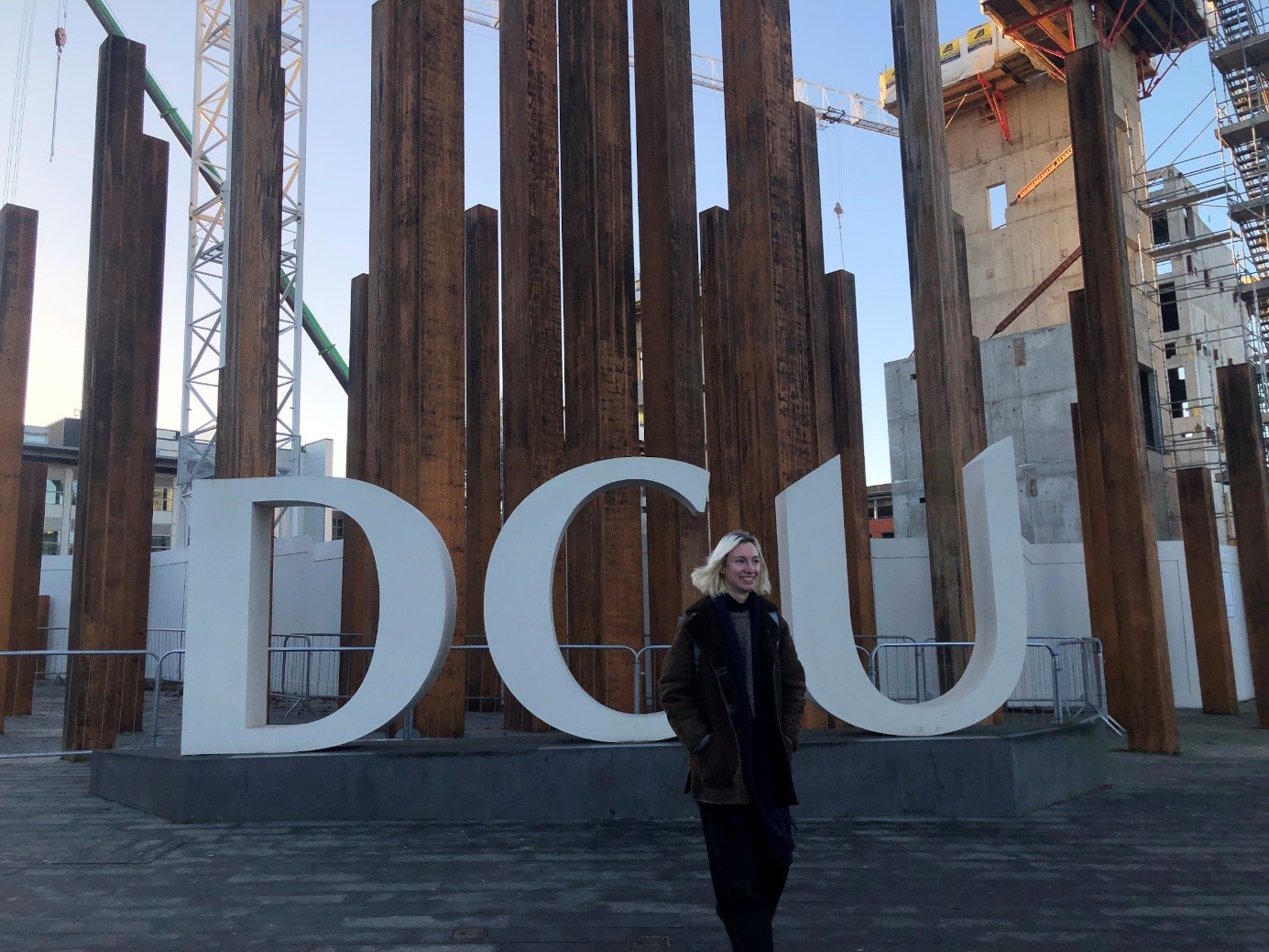
“I spent my Erasmus stay in Dublin, Ireland and had a wonderful and rewarding time. A stay abroad is required as part of my English-Speaking Cultures degree program in order to improve our English skills. My Erasmus semester not only supported me in this, but also provided many other important experiences. I gained more independence and flexibility, learned new course content, and gained valuable new impressions, friendships, and memories. Despite the challenges in organizing and preparing, I am incredibly grateful for this unique experience.”
Study in Europe with YUFE
Establishing a European University promotes cross-border cooperation in teaching and research, strengthens the European Higher Education Area, and conveys European values. YUFE, which stands for “Young Universities for the Future of Europe,” is an alliance of ten European universities and two non-university partners working together to build a student-centered, open, and inclusive European university. In addition to the University of Bremen, the following institutions are part of YUFE: Maastricht University (Netherlands), Nicolaus Copernicus University in Toruń (Poland), the University Carlos III of Madrid (Spain), the University of Antwerp (Belgium), the University of Cyprus, the University of Eastern Finland, the University of Essex (United Kingdom), the University of Rijeka (Croatia), and the Sorbonne Nouvelle University (France).
Students can create a personalized European YUFE Student Journey during their degree at the University of Bremen. The duration and scope is flexible and can combine courses and activities from all nine partner universities. It can be customized and range from one course to an entire semester abroad. YUFE Student Journey courses can be attended virtually or on site with a member of the alliance, and are held in English or the respective national language. In addition to academic courses, YUFE offers language courses and language cafés, which help to improve language abilities and forge international contacts. In addition, the YUFE Student Journey offers the opportunity to work together in Challenge Teams on a project or to get involved with local volunteers in one of the YUFE cities. All services are free of charge; Erasmus+ scholarships provide financing for stays abroad.
Victoria Härtling, a public health student, talks about her YUFE Student Journey:
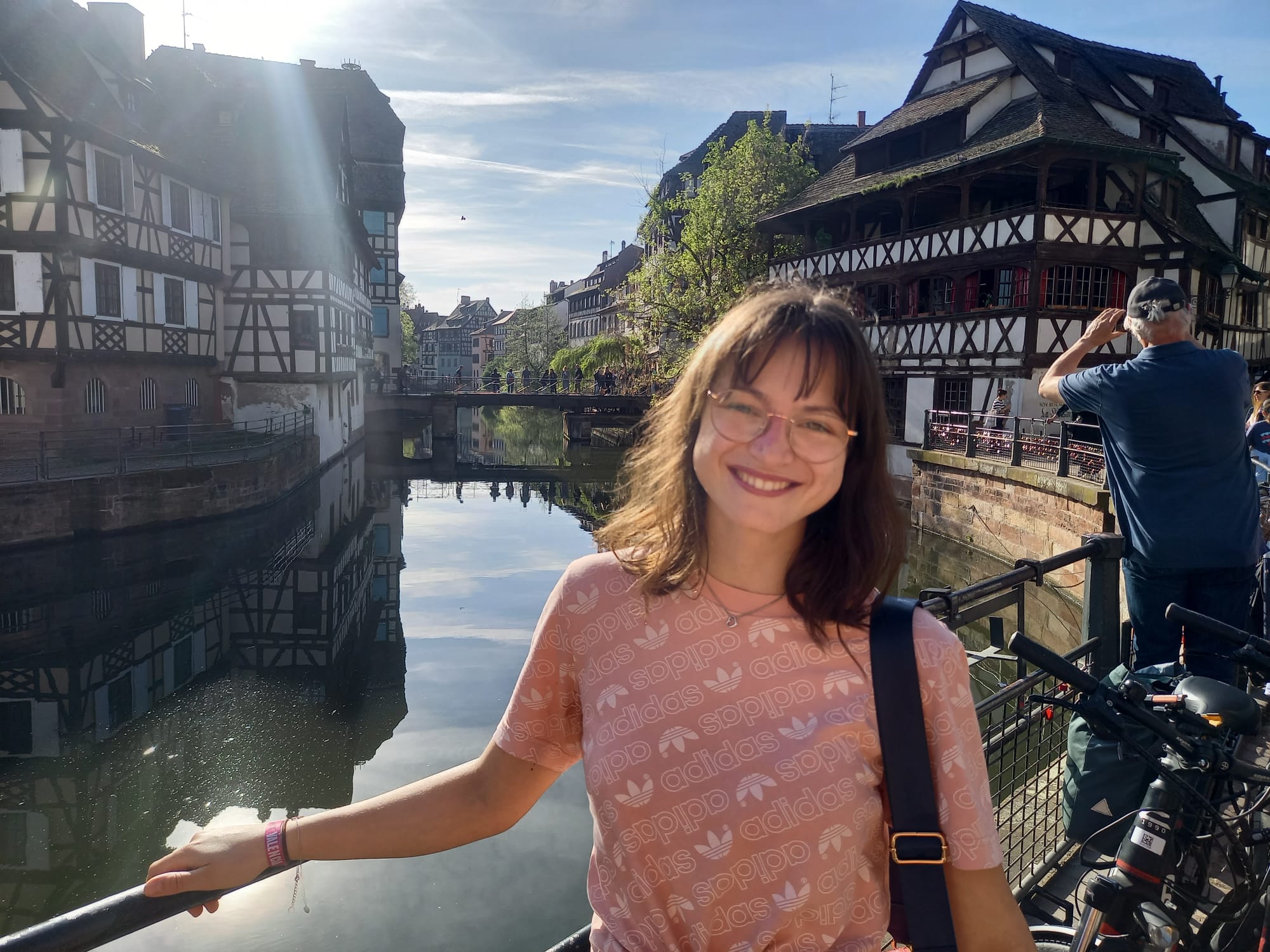
“I signed up for the YUFE Student Journey with the goal of supplementing my coursework with other content, such as language courses. As part of the Student Journey, I completed a Blended Intense Learning Program (BIP), for which I traveled to the University of Antwerp for a week. In addition, I completed a minor in Economic Development in Madrid and volunteered at Serve the City in Maastricht. I also took part in an in-person Spanish language course and two online language cafés. The Student Journey has enriched my learning in many ways. I was able to add economic courses to my curriculum and also improve my language skills and create better local connections. I think that students can get a lot out of the Student Journey. It is very flexible and customizable, since you can choose how many activities you want to participate in.”
Svenja Renner is the contact person for YUFE Student Journeys at the University of Bremen and is convinced of the benefits YUFE provides: “YUFE has so much to offer students and views university and student life from a common European perspective. We look forward to all those who want to be part of this journey!” YUFE is an alliance selected and funded by the European Commission. The European University initiative currently supports 50 alliances; German partner universities are involved in 44 of these alliances. The University of Bremen also receives support from the DAAD (German Academic Exchange Service) and the Bremen Senator for the Environment, Climate, and Science.
Internationalization @ Home – Experience Europe at the University of Bremen’s campus
For those who do not want to do a semester or internship abroad, there is still the opportunity to experience Europe and the world from the campus in Bremen. The International Office offers programs such as the Study Buddy Program, provides a network for German and international students, and offers a variety of opportunities for intercultural exchange. Student initiatives such as the “Erasmus Initiative” launched by former Erasmus students organize events such as pub-crawls, excursions, and activities to bring together Bremen students and Erasmus students from partner universities.
Studying at the Institute for European Studies
Those who want to study European social sciences can benefit from the University of Bremen’s Institute for European Studies. The institute bundles European expertise in teaching and research in the fields of cultural and political science as well as history. The Integrated European Studies bachelor’s program explores the diversity of Europe from a cultural studies and political science perspective. Learning an Eastern or Western European language as well as a semester abroad are integral parts of the degree program. The European Policy master’s program is more research-oriented. It qualifies students for careers in political science in academia and the non-academic labor market. In the institute’s EuropaBlog, students write about topics that are important to them and approach Europe from different and individual perspectives, whether through politics, travel, music, or literature.
up2date. asked bachelor’s students from the Integrated European Studies program what Europe means to them.
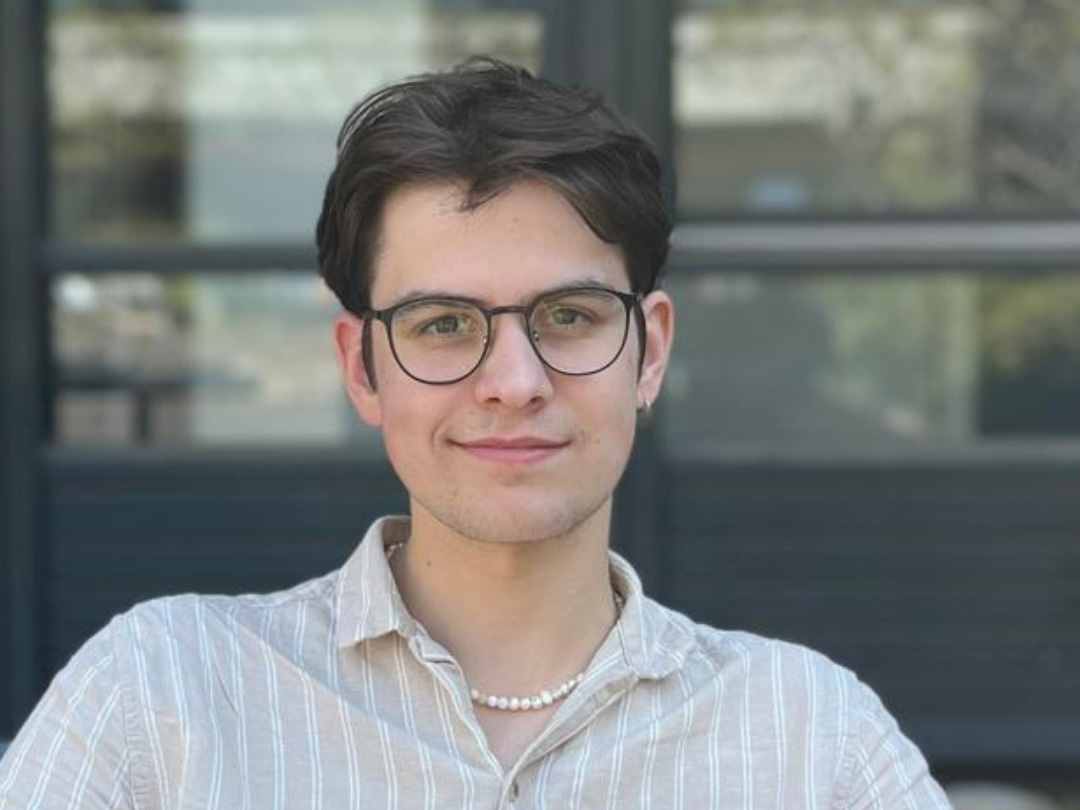
“For me, Europe is usually synonymous with the European Union, and living in it is a privilege that is often taken for granted. Its importance is currently particularly evidenced by people in countries such as Georgia or the Republic of Moldova fighting with great courage for a future in the EU. This seems a natural part of daily life, and there is ample discomfort with some EU policies (be it the move towards isolationism or dealing with European autocracies) as well as disillusionment with the stagnant development of the integration process. However, I find that “Europe” as a political project still has a unique, promising charisma and my fascination with this is unbroken. I can pursue this interest in European integration in many ways as part of my degree, and explore the historical, cultural, and political aspects at the level of the nation states because Europe is naturally omnipresent in the Integrated European Studies program. Viewing political science content from a European, and not solely national, perspective is hugely appealing to me, as is learning a European language and the prospect of a semester abroad in Europe.”
© Lucia Niem
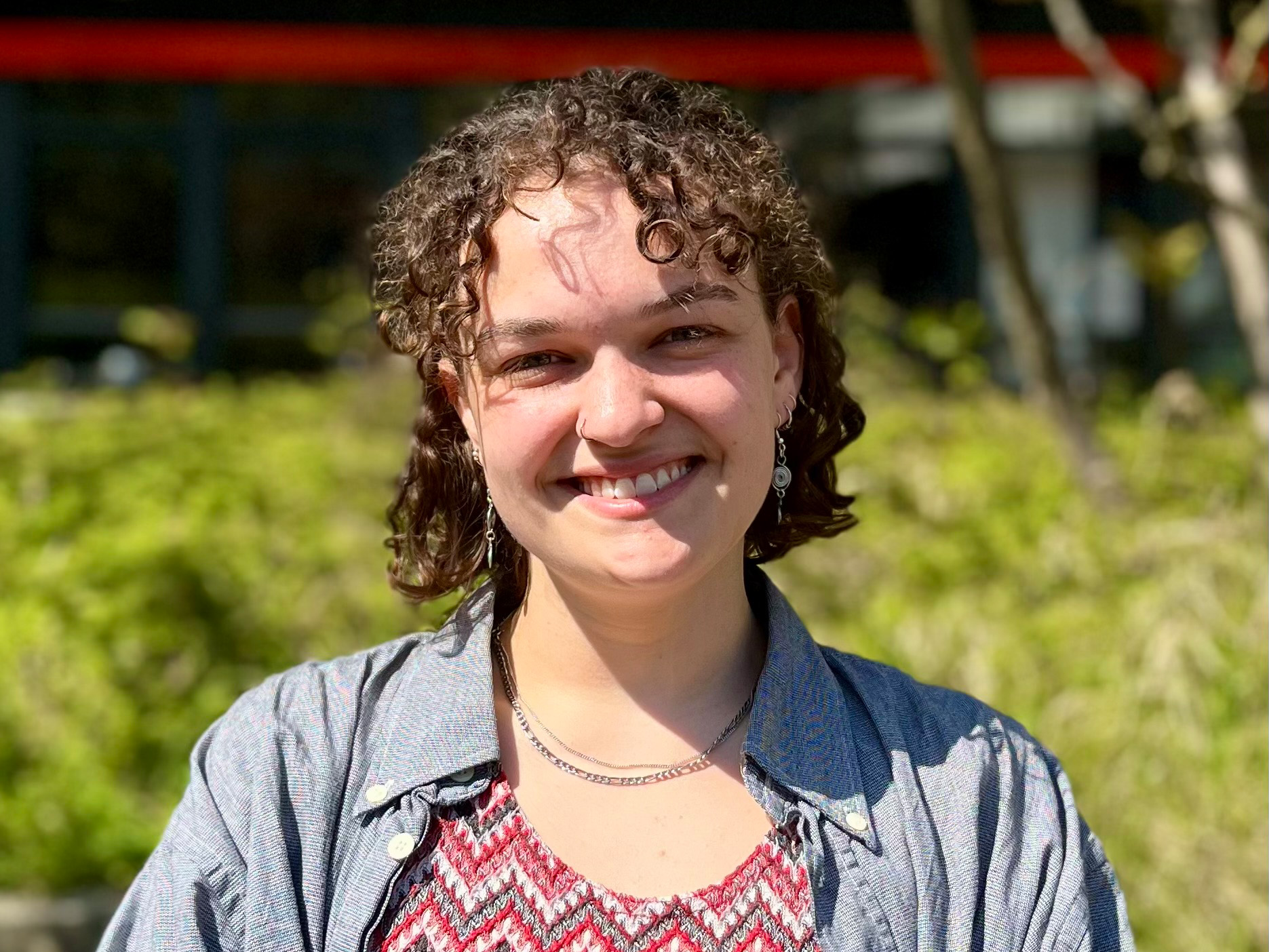
“Growing up within an EU country in Germany meant that Europe always had a decisive influence on my daily reality. Despite numerous trips through various countries in Europe and intensive study of the continent’s history, I often did not notice how much my life is shaped by European influence – politically and culturally.
It was not until I started my degree in Integrated European Studies that I became aware of this, as well as the complexity of Europe. During my degree, my personal experiences were supplemented by an academic perspective on Europe. I am impressed by how this perspective is used to understand processes, dynamics, developments, and conditions in Europe. Here, Europe is seen less as something that can be experienced, but as a comprehensible subject matter that fascinates and at the same time raises more and more questions. The combination of these two worlds, academic and personal, gives Europe meaning in my life.”
© Lucia Niem

“For me, Europe means freedom. It is a freedom that is felt when travelling and during stays abroad. Many advantages of the EU accompany you throughout large parts of Europe. However, even beyond the European Union, Europeans are connected by a past and a future that intersects at many points, runs parallel, and builds on each other. For me personally, this creates a collective responsibility and my identity as a European. Especially while pursuing my degree in Integrated European Studies, I have become aware of the advantages of the EU at the national level. Of course, Europe is significant for the degree program, as well as its core content, the opportunity to learn European foreign languages, and the presence of international students and teachers. The cultural and political science perspectives on Europe applied here help with understanding and questioning Europe as a construct.”
© Antonia Ațurcăniței

“Since I am currently studying Integrated European Studies in my 6th semester, Europe and the EU are topics close to my heart. Our degree program introduces us to the histories of almost all European and some non-European countries and, above all, provides context for the underlying connections between these countries. Through my studies, I have developed a greater understanding of how important and impactful European relations are. For me personally, Europe probably means above all the freedom to travel without experiencing major border controls. Being able to drive to Italy or Croatia or take the train to Paris without a passport is a privilege that I would not want to miss. Nevertheless, I do not think that Europe is the perfect concept either. Many people try to find protection here, which they unfortunately do not get.”
© Lea Heitz
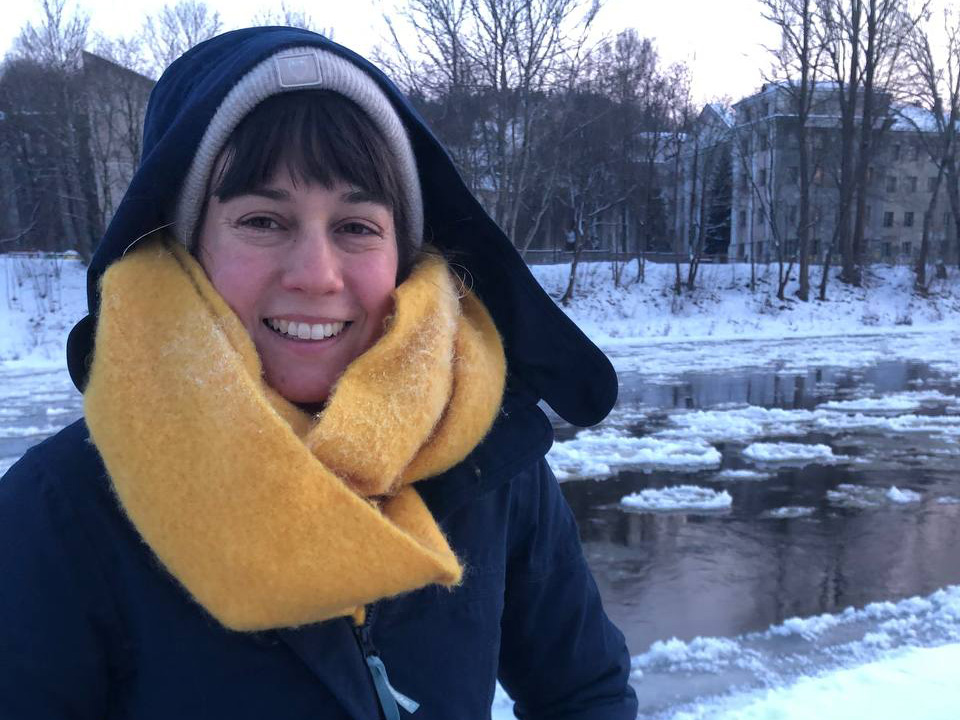
“I have been studying Integrated European Studies at the University of Bremen since 2021 – not surprisingly, Europe is the focus of my studies. My impression is that many people now equate Europe with the European Union member countries. However, the degree program teaches us that we can approach Europe from many different perspectives. This exciting and multifaceted place is not free of internal dissent. Competing national cultures of remembrance or power imbalances based on economic and political factors provide conflict potential between members. European dialogue should take place not just at the political level, but also on an interpersonal basis. That is why I find European exchange programs and projects, even with (currently) non-EU countries, incredibly important.”
© Ariane Brachmann
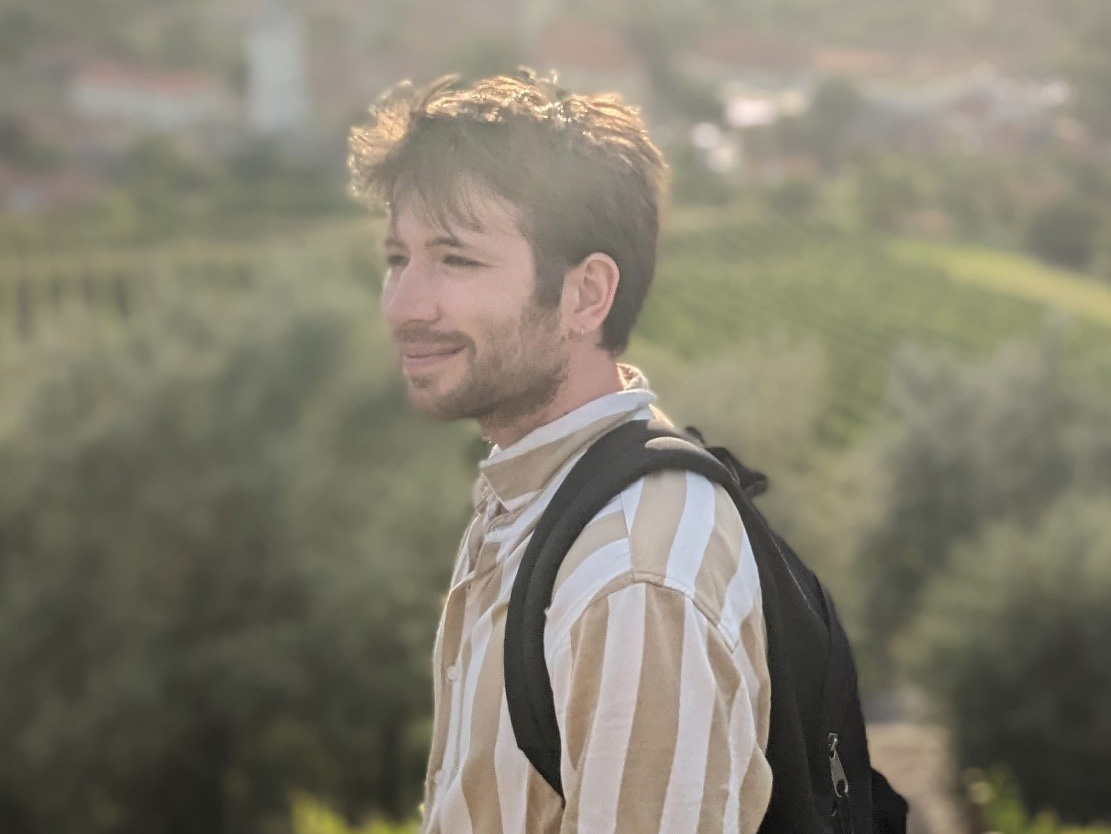
“For me personally, the secure livelihood Europe provides allows me to explore many possibilities. It means having the chance to live a fulfilling and successful life without needing to be the top of the class. In addition, I highly value its cosmopolitan society – being able to live, study, and be at home everywhere and to communicate from a common understanding despite regional peculiarities. I wish this was a reality for everyone.”
© Maté Babó